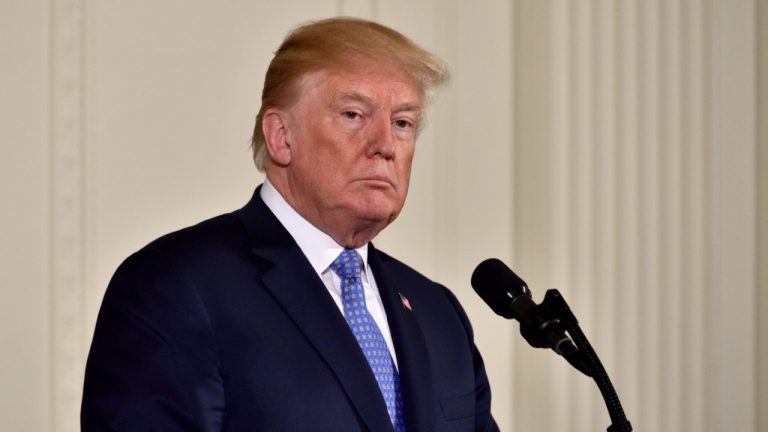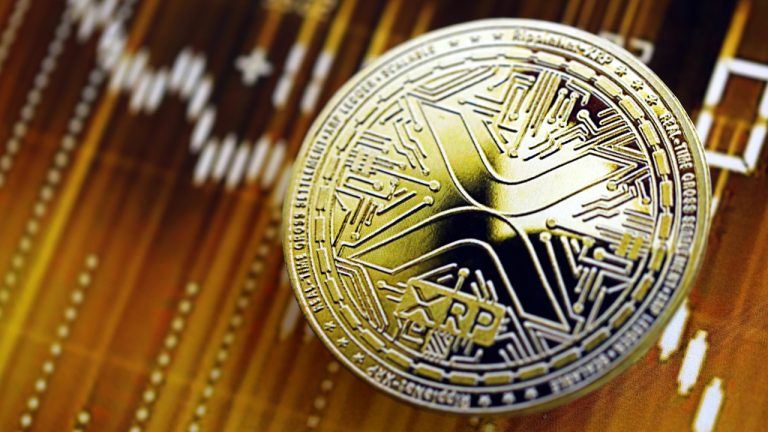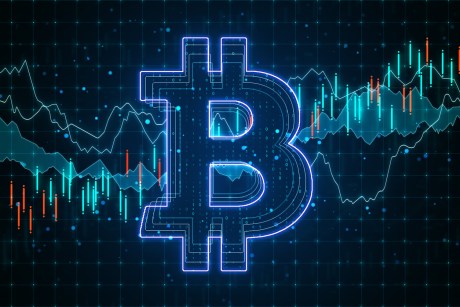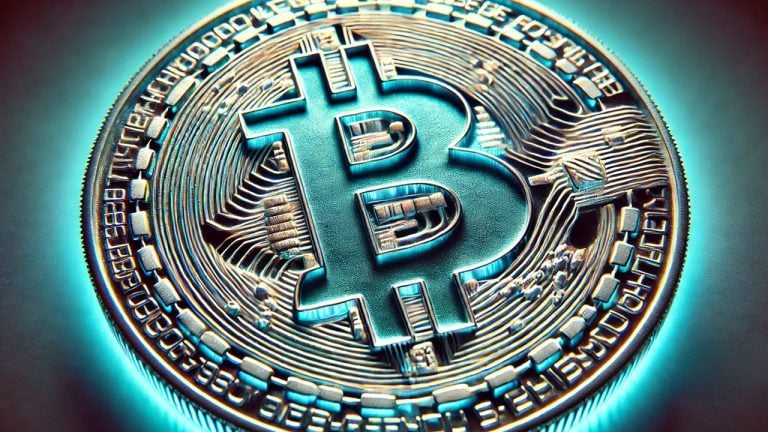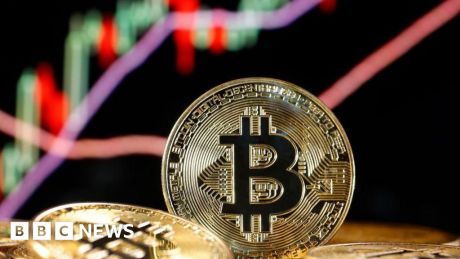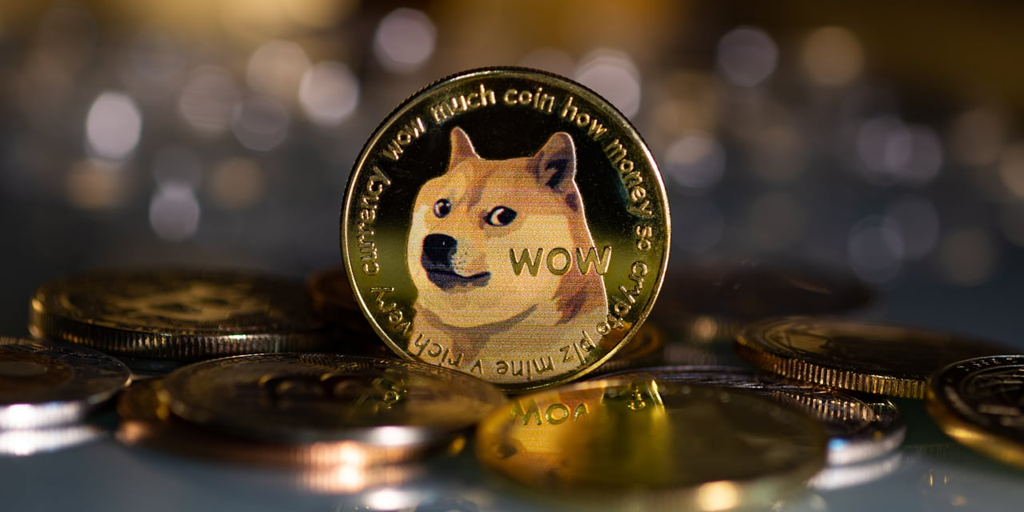A new report shows that digital currencies, particularly stablecoins, have gained traction in the country as an alternative to the increasingly volatile bolivar and the ever-dominant US dollar.
Shifting from the Dollar to Digital CurrenciesDespite the diminishing presence of “crypto accepted here” signs in Venezuelan businesses, the country’s crypto economy is far from fading. Venezuelans are actively using Bitcoin (BTC), Ethereum (ETH), and stablecoins like Tether (USDT) to make transactions, receive remittances, and protect their savings from the devaluation of the bolivar. Experts suggest that the shift towards digital currencies is becoming more pronounced, with stablecoins now accounting for nearly half of the country’s total cryptocurrency transactions.
“Stablecoins are particularly popular because they are pegged to more stable fiat currencies, such as the US dollar, which offers a hedge against the volatility of the Venezuelan bolivar,” said Dan Cartolin, an Enterprise Account Executive at blockchain analysis firm Chainalysis. According to Cartolin, these digital assets are playing a crucial role in daily transactions and remittances, further cementing their place in the Venezuelan economy.
Government’s Tolerant Stance on Unregulated CryptoWhile Venezuela’s government hasn’t formalized cryptocurrency exchange regulations, it has elected to look the other way so far since they’re also a foreign currency inflow. Within the wider endeavor to maintain the financial stability of the country, unregulated crypto markets were given the ability to develop even further without any restraint from President Nicolás Maduro’s regime.
Venezuelan President Nicolás Maduro. Source: X
Government policies on cryptocurrency have varied all over the years. He went aggressively to promote crypto projects in the early days, and even went to the extent of issuing a state-backed digital currency, the Petro. After that, there’s near-total collapse of the whole project amidst widespread corruption and inefficiency, with nothing impressive about the government in most policy thrusts. Despite the setbacks, Maduro recently expressed interest in returning to the “crypto path,” citing its potential to bring foreign currency into the country.
A Surge in Crypto TransactionsIn the midst of relentless hyperinflation and economic instability, Venezuelans are turning to cryptocurrencies not just as a financial tool, but as a lifeline. According to Chainalysis, crypto transactions in the country surged a whopping 110% in the second quarter of 2024 from the same period the previous year, higher than in other Latin American countries. All told, estimates peg $20 billion pouring into the Venezuelan economy via cryptocurrency in 2024-a figure representing a sizable chunk of the nation’s $100 billion GDP.
Source: X
The increased volume of crypto transactions shows that people in the country have grown dependent on digital currencies for economic survival. Even as financial troubles persist in Venezuela, marked by an increase in inflation in November, it stood at 12.5 percent, crypto provides a modicum of stability in otherwise uncharted waters.
Stablecoins and Daily LifeStablecoins have been adopted most by Venezuelans, where the shift in usage from July 2023 to July 2024 was striking. During the period between July 2023 and July 2024, close to half-47% of crypto transactions under $10,000 involved stablecoins. Digital assets pegged to stable fiat currencies, such as the US dollar, are considered havens for those trying to save the value of their savings against the unyielding devaluation of the bolivar.
Stablecoins also make cross-border transactions easier. For many families in Venezuela, for example, remittances by their relatives from abroad are a lifeline, and the appearance of digital currencies has provided a faster and less costly means of sending money than by traditional banking channels.
Challenges and Uncertainty in the Crypto LandscapeHowever, the lack of clear regulatory guidelines and frequent changes in the legal landscape present significant challenges for individuals and businesses operating in the crypto space. Venezuelan crypto users, like Vanesa, who offer crypto exchange services, are operating in a legal grey area. She uses platforms such as Binance to help locals exchange digital currencies, but she laments the uncertainty that comes with frequent government crackdowns.
The situation has made crypto-related operations increasingly discreet, with exchanges and services moving underground. “Everything is in the grey zone here. It is impossible to know if I am laundering someone’s money when I am exchanging crypto for clients,” Vanesa explained.
A Latin American crypto exchange also shared its frustrations, revealing that it had attempted to apply for a virtual asset service provider license in Venezuela but had abandoned the process due to inconsistent and shifting regulations.
Looking Ahead: A Future Dominated by Crypto?Despite the regulatory uncertainties and the political turmoil surrounding President Maduro’s government, Venezuela’s increasing reliance on cryptocurrencies appears set to continue. With stablecoins playing a vital role in mitigating the effects of inflation and offering an alternative to the faltering bolivar, crypto has become an essential part of daily life for many Venezuelans. As the nation’s financial future remains uncertain, the role of digital currencies in providing stability will only become more critical in the coming years.
In conclusion, while the political landscape in Venezuela continues to evolve, the country’s crypto economy remains a beacon of hope for those struggling to navigate the financial instability caused by hyperinflation and economic mismanagement. The growth of digital currencies in Venezuela represents not just a trend but a necessary adaptation to a rapidly changing economic reality.




